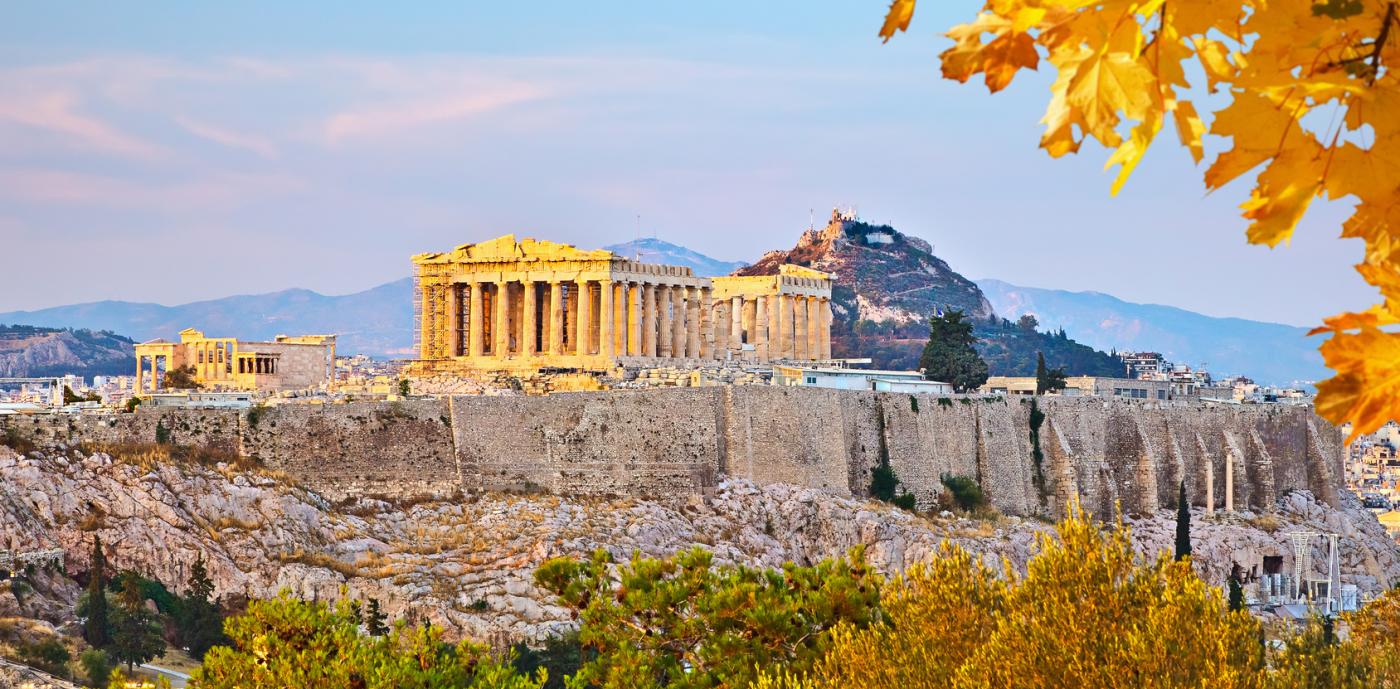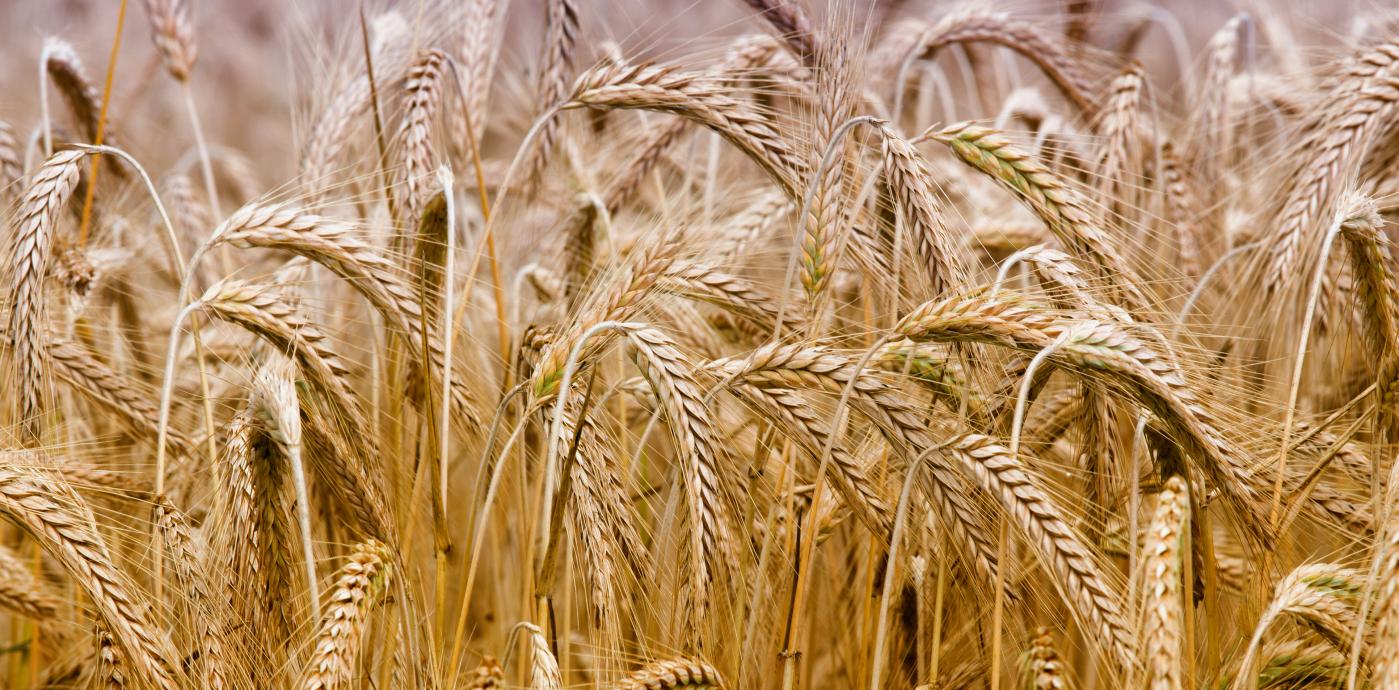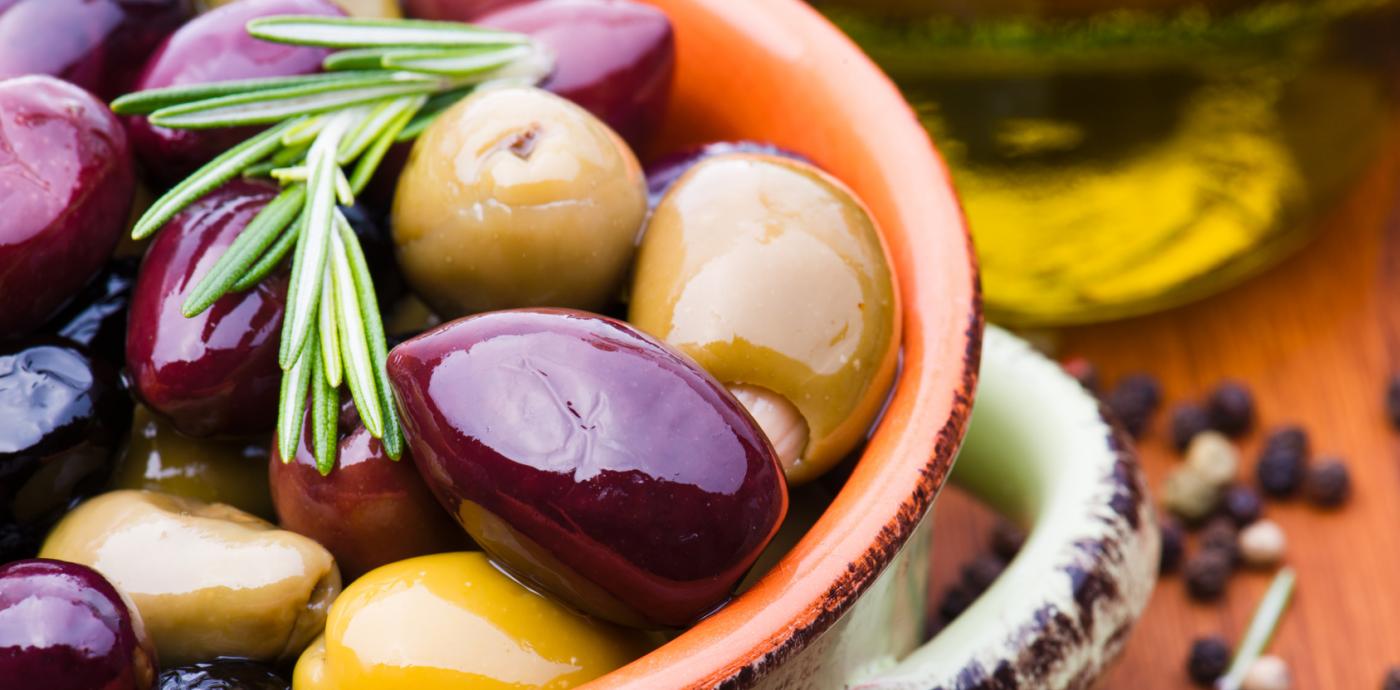The 121st running of the Boston Marathon takes place Monday, April 17, with the finish line around the corner from the Oldways onces. The course will be plastered with sponsorship materials from companies like Gatorade and Clif Bar that provide in-race nutrition for runners. Pheidippides, the ancient Greek who inspired the modern marathon with his legendary run from Marathon to Athens in 490 BC, would have no idea what to make of todays race-day foods and drinks. So what might an ancient Greek marathoner following the old ways have consumed before, during, and after the race We break down some of the possibilities and offer inspiration to adopt some of the old ways in your own training regimen.
A Bit of Historical Context
Pheidippides (or Philippides there is so much uncertainty around his story that his precise name isn’t entirely agreed upon) is said to have collapsed and died after completing his run to announce the Greek victory over the Persians at the Battle of Marathon. Thankfully, this is not a common concern for modern runners. Notably, Pheidippides 25-mile run from Marathon to Athens came shortly after he ran from Athens to Sparta to request military help, Sparta to Athens after the Spartans declined, and then to Marathon to participate in the battle itself. It was also likely considerably warm in the Mediterranean region in August/September (historians can’t agree) when the battle occurred. Proper nutrition is also essential for avoiding the same fate as Pheidippides.
But wait: why is today’s marathon 26.2 miles long instead of the approximate distance covered by Pheidippides To be clear, the first modern marathon was not run until 1896 AD, at the first modern Olympics in Greece. It was measured at approximately 25 miles to mirror Pheidippides’s trek, but until the 1908 London Olympics, the distance fluctuated depending on the most convenient start and end points on the course. Even then, the 26.2-mile distance was not officially set as the standard until the 1924 Paris Olympics.
Pre-Race
Although there is some evidence that ancient Greek athletes may have followed specialized diets, one of the benefits of traditional Mediterranean cuisine is that it is naturally healthy and perfect for ancient and modern athletes: copious amounts of fruits, vegetables, and legumes, along with water, eggs, olive oil, whole grains like wheat and barley, and fish. Athletes were held in such high esteem that they received money and gifts that allowed them to afford expensive foods, including premium meats, to build strength and stamina.
One concept that a theoretical ancient Greek marathoner would not be familiar with is carb loading. While the ancient Olympics began around 776 BC, 300 years before Pheidippides, most running events were relatively short and emphasized strength over endurance, thus requiring less carbohydrate intake. In addition, the food most synonymous with carb-loading pasta did not even exist in its current form in ancient Greece.
If marathoners were to go heavy on carbs, they would probably have gorged on bread. Traditionally, ancient Greek bread would have been made with barley, although by Pheidippides time wheat had become a fairly common, imported staple. Interestingly, the Greeks did eat a form of tracta, a type of unleavened at bread that some consider to be a precursor to modern pasta.
Mid-Race
One guiding principle for modern marathoners is to never try food on race day that you haven’t tested on the road; i.e., don’t stock up on new supplements at the pre-race expo to fuel your race! Gels, drinks, and other items should be experimented with during long-distance training runs weeks before the actual event. To do otherwise could invite GI distress during the race or other performance issues. Luckily for the ancient Greeks, there were no foreign substances to try the best mid-race fuels were already part of their regular diet.
Access to water in ancient Greece was not an issue. However, a marathoner would need to have friends willing to provide a network of water stations since wooden and terra cotta drinking vessels cannot match the portability of today’s hydration belts and CamelBaks. And due to the warm Mediterranean climate, water alone would likely not be optimal for an ancient marathoner; electrolyte replenishment would be key. But how would they do this without todays supplements
- Potassium
Today’s go-to natural source of potassium bananas was unknown to ancient Greeks. Fortunately, eggs were an extremely popular option in Greek cuisine. One dried egg contains almost as much potassium as a single SaltStick tablet, and it would only take three more to match the amount in a serving of Gatorade Endurance. - Sodium
The Greeks had no problem adding salt to their diet since they were one of many ancient cultures to harvest it. However, attempting to drink saltwater during a race would be less than enjoyable and would likely lead to an upset stomach, as modern studies have shown. However, olives would be a perfectly suitable salt supplement, and it goes without saying that olives were staples of the ancient Greek diet. Preserving olives with salt would offer an additional boost, and their polyphenols could help prevent inflammation. The one drawback might be eficiency: it would probably take 10-15 olives to match the sodium content of SaltSticks or Gatorade Endurance.
- Sugars
Admittedly, there is a lot of debate in the running community about whether in-race sugars are necessary, helpful, or even detrimental. While it tends to be an individual preference, it would be no problem for ancient Greeks due to their high consumption of honey as a sweetener. Honey-sweetened water would be an easy way to help maintain glucose levels. In fact, athletes looking for whole food supplements today even make their own energy gels with honey.
Post-Race
Alas, chocolate milk the natural endurance recovery drink gaining popularity due to its sugar to protein ratiowould also not be available to an ancient Greek marathoner. Chocolate itself hadn’t yet arrived, and milk was considered largely a barbarian’s drink except on occasion when consumed for medicinal purposes. Sure, the nutrient-rich ancient Mediterranean diet would be ideal for long-term recovery. But there was one potential immediate recovery option: kykeon, a mix of water, barley, goat cheese, wine, honey, herbs, and other flavorings based on taste. Commonly enjoyed by the lower classes, it provided an easily accessible liquid form of carbs, protein, and other nutrients. Of course, we’d recommend keeping the wine minimal. Despite its purported benefits, too much of any alcoholic beverage will hamper the body’s ability to recover.
One huge difference between kykeon and chocolate milk A form of kykeon may have been used in rituals in which consumers achieved a certain level of spiritual enlightenment known as the Eleusinian Mysteries. Some scholars have concluded that kykeon spiked with a type of ergot, a fungal parasite on barley, may have acted as a psychedelic. That would surely be one way albeit not recommended to take an ancient marathoner’s mind of the cramps and soreness following a marathon.
We hope our race through ancient Greece has inspired you to turn to the Mediterranean diet to fuel your next run, whether it’s around the block or a full marathon.
Matt Moore, Oldways Project Coordinator (and 2017 Boston Marathon runner)








